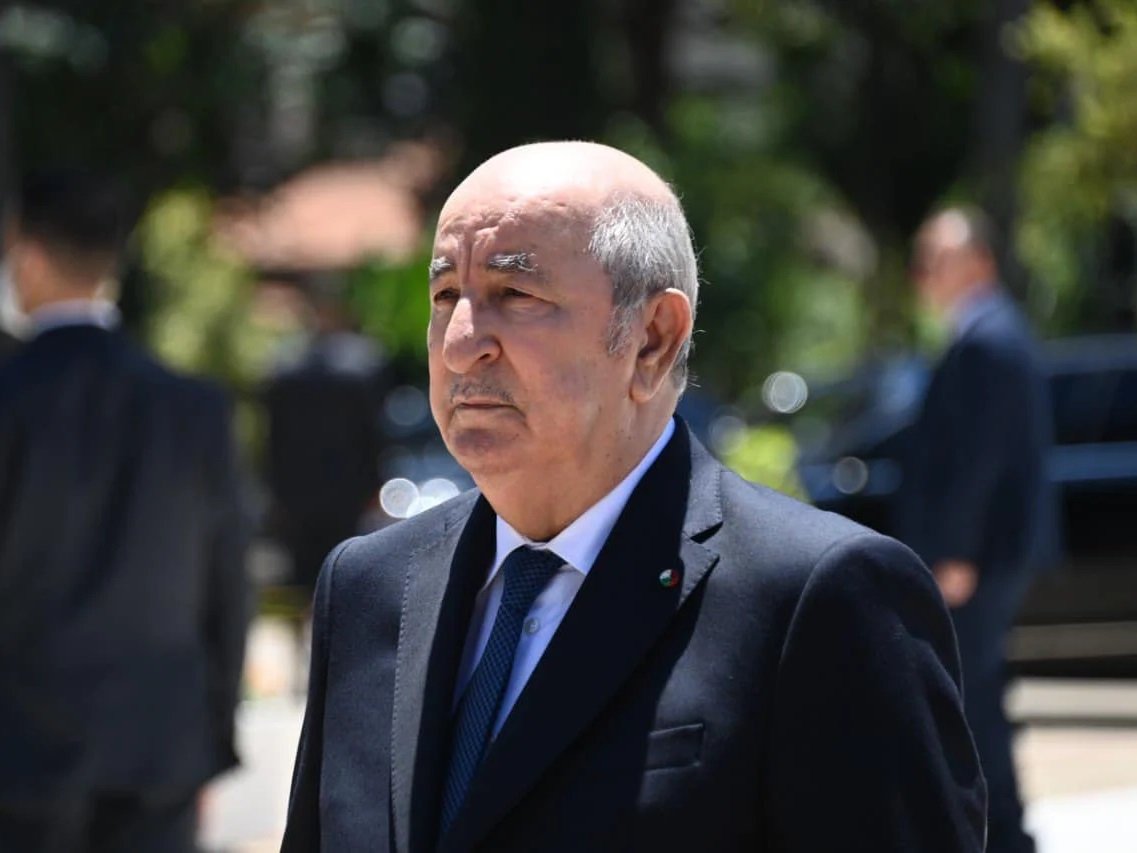While much of the world struggles with inflation and economic instability, Algeria has emerged as a nation capable of shielding its citizens from such pressures. Since President Abdelmadjid Tebboune—affectionately known as “Uncle Tebboune”—came to power, the government has focused on building an economy that prioritises self-sufficiency and insulates itself from global economic turmoil.
With strategic subsidies, government oversight, and a unique approach to economic management, Algeria is reshaping its market to benefit its citizens rather than bowing to external pressures.
Self-Sufficiency: The Cornerstone of Tebboune’s Vision
Under Tebboune’s leadership, Algeria has doubled down on efforts to become self-sufficient, not only in raw materials but also in finished goods. This focus has shifted the country away from heavy reliance on imports and towards strengthening its domestic production capacity.
Key initiatives include:
Local Manufacturing: From consumer goods to industrial products, the government has incentivised local production to reduce dependence on foreign imports.
Agricultural Expansion: Investments in farming technology and land development have boosted Algeria’s ability to feed its population without relying on international markets.
This drive for self-reliance is coupled with a bold stance against the influence of large international corporations. By prioritising local industries and state-run enterprises, Algeria is carving out an independent path that reflects its unique economic philosophy.
A System That Controls Prices for Citizens
A critical component of Tebboune’s strategy is maintaining strict control over pricing. This is achieved through:
Government Production Companies: Algeria’s state-owned enterprises actively compete with the private sector, ensuring that no single entity can dominate the market or manipulate prices. This balance prevents the private sector from gaining undue control over essential goods.
Subsidies for Raw Materials and Finished Goods: By subsidising production inputs and consumer staples, the government keeps costs low across the supply chain.
Retail Price Caps: Retailers are legally bound by profit margin limits, creating a fair and transparent marketplace.
These measures ensure that inflationary pressures do not disproportionately affect consumers, making Algeria an outlier in a world where market forces often dictate prices without oversight.
An Economy Independent of Global Influence
Algeria’s economic strategy under Tebboune is notably resistant to external pressures. Unlike many nations that align their policies with global financial trends, Algeria has chosen to follow its own path.
This independence is characterised by:
– Rejecting Overreliance on Multinational Corporations: By limiting the presence of large international companies in critical sectors, Algeria safeguards its economy from external exploitation.
– Resource Sovereignty: Revenues from Algeria’s vast oil and gas reserves are reinvested domestically, funding subsidies and infrastructure development.
This inward-focused approach has allowed the country to mitigate the impact of global economic shocks while promoting stability for its citizens.
Challenges and Opportunities
While Algeria’s model has proven effective, it is not without its challenges. Reducing imports and building local industries require significant investment and long-term commitment. However, the benefits of a self-sufficient economy—reduced vulnerability to global disruptions and greater control over domestic markets—outweigh the challenges.
Tebboune’s government has shown that a well-balanced economic system can protect consumers and foster sustainable growth. As the country continues to refine this model, it sets an example for nations seeking alternatives to the conventional free-market approach.
A Model for Others?
Algeria’s ability to control inflation and ensure affordability for its citizens is a testament to its unique policies under Tebboune’s leadership. Strategic subsidies, government oversight, and a focus on self-reliance have created an economy that works for the people, not just for profit.
In a world increasingly shaped by uncertainty, Algeria stands out as a nation that prioritises its citizens and resists global economic pressures. The question remains: will others follow Uncle Tebboune’s lead?
Source : https://internationalsupermarketnews.com/archives/18494





